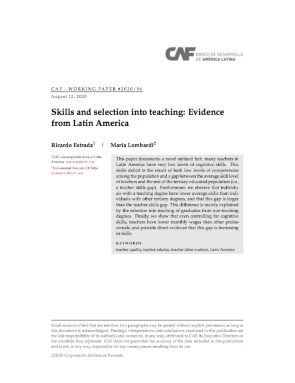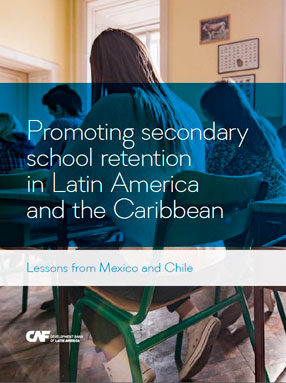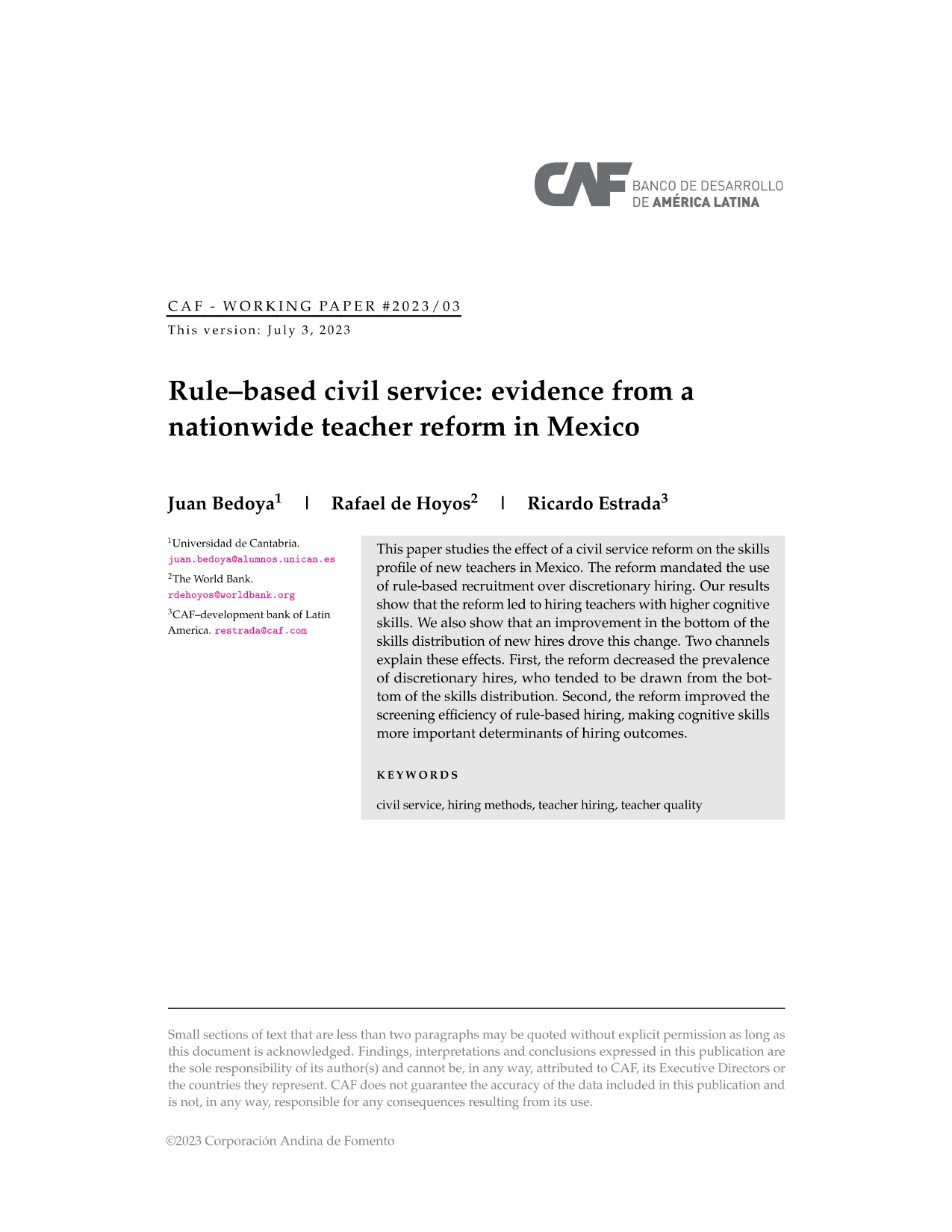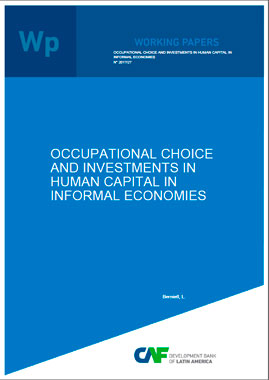Mostrar el registro sencillo del ítem
Skills and selection into teaching: Evidence from Latin America
| dc.contributor.author | Estrada, Ricardo | |
| dc.contributor.author | Lombardi, María | |
| dc.coverage.spatial | América Latina y el Caribe | es_ES |
| dc.date.accessioned | 2020-08-12T21:15:36Z | |
| dc.date.available | 2020-08-12T21:15:36Z | |
| dc.date.issued | 2020-08-12 | |
| dc.identifier.citation | Estrada, R., & Lombardi, M. (2020, August 12). Skills and selection into teaching: Evidence from Latin America. CAF Working Paper;#2020/06, Caracas: CAF. Retrieved from https://scioteca.caf.com/handle/123456789/1628 | en_GB |
| dc.identifier.uri | https://scioteca.caf.com/handle/123456789/1628 | |
| dc.description.tableofcontents | This paper documents a novel stylized fact: many teachers in Latin America have very low levels of cognitive skills. This skills deficit is the result of both low levels of competencies among the population and a gap between the average skill level of teachers and the rest of the tertiary-educated population (i.e., a teacher skills gap). Furthermore, we observe that individuals with a teaching degree have lower average skills than individuals with other tertiary degrees, and that this gap is larger than the teacher skills gap. This difference is mainly explained by the selection into teaching of graduates from non-teaching degrees. Finally, we show that even controlling for cognitive skills, teachers have lower monthly wages than other professionals, and provide direct evidence that this gap is increasing in skills. | es_ES |
| dc.language.iso | en | es_ES |
| dc.publisher | CAF | es_ES |
| dc.relation.ispartofseries | CAF Working Paper;#2020/06 | |
| dc.subject | Desarrollo | es_ES |
| dc.subject | Educación | es_ES |
| dc.subject | Equidad e inclusión social | es_ES |
| dc.title | Skills and selection into teaching: Evidence from Latin America | es_ES |
| dc.title.alternative | CAF - Working Paper #2020/06 | es_ES |
| dc.type | workingPaper | es_ES |
| dc.publisher.city | Caracas | es_ES |
Ficheros en el ítem
Este ítem aparece en la(s) siguiente(s) colección(ones)
-
6.1 Documentos de trabajo en investigación socioeconómica
En esta colección se encuentran los documentos de trabajo sobre temas económicos y sociales prioritarios para la región.





